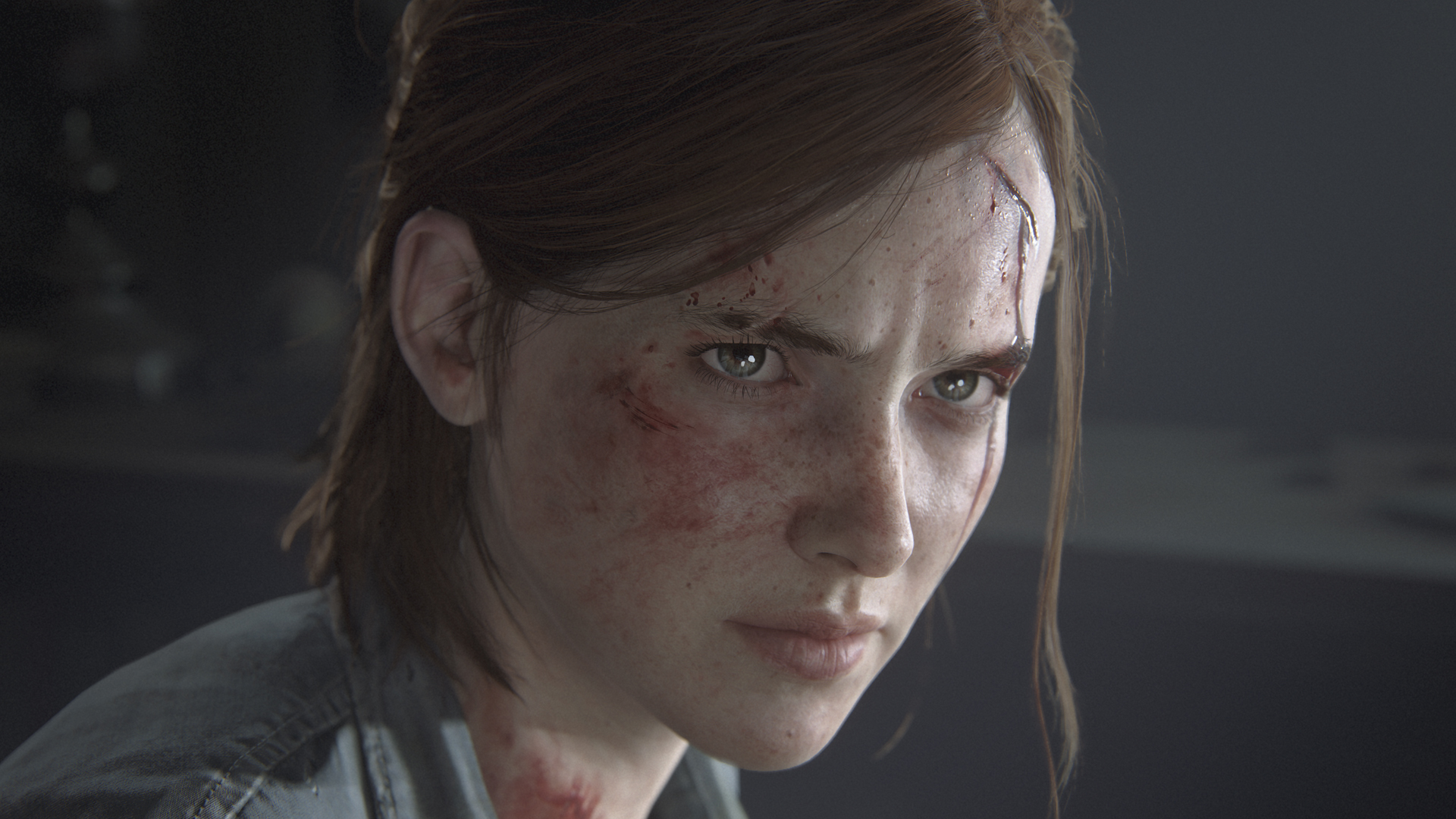
Naughty Dog has an infamous reputation for historically subjecting its employees to crunch culture - long periods of overtime that sometimes have debilitating effects on staff - but the studio recently pledged to end such practices.
The Uncharted studio released a documentary about the making of its games just last night (February 2), specifically the dour post-apocalyptic sequel The Last Of Us Part 2. Previous reports had already detailed how some developers worked 12-hour days and weekends, sometimes neglecting their health and personal lives due to Naughty Dog's perfectionist expectations.
Crunch culture notoriously doesn't lead to smoother production cycles and even burns out developers who often leave the games industry, never to return. "I'm realizing that I can't crunch like I used to," game designer Emilia Schatz says in the doc embedded below. "I can't put everything I have into these games as much as I was able to when I first got here."
Naughty Dog's new documentary now discusses crunch through its somewhat filtered marketing lens, but it seems reluctant to delve into exactly how damaging it can be. In fact, the documentary occasionally frames crunch as a self-imposed chain. Co-director Anthony Newman explains that the company began to offer free dinners because "we know people are probably gonna want to be staying late." In context, crunch dinners are normally used to encourage workers to stay after hours, rather than simply being used as a response to overtime.
The documentary also discusses how the studio started to hammer down on crunch in the early stages of The Last Of Us Part 2. "This is the first project that's had the proper pre-production period where we have locked down - for the most part - the story, beginning, middle, and end before we started production,” director Neil Druckmann revealed.
As we and the studio later found out, however, increased organization and improved processes "doesn't fix crunch," according to Newman, "it allows you to make a bigger game."
"We now have the goal for Naughty Dog to eliminate crunch," says Druckmann near the documentary's end. The first step in doing so was to apparently define what crunch was internally and then address issues that frequently came up in The Last Of Us Part 2's post-mortem report.
"When we onboard people, we tell them that we have a reputation as a studio for crunching, and it's something that we don’t want. And it's something we're not going to do anymore," quality assurance lead Patrick Goss reveals. Educating new hires is one step the studio is now supposedly using to avoid crunch culture, along with removing those "crunch dinners" and regularly sending out small questionnaires to developers about the issue. Hybrid working and a more robust production department also helped matters, according to a select few developers featured in the documentary.
We won't know whether the new strategy is fully working until the studio releases one of its upcoming single player projects now in development. But at least one developer encouragingly claimed that The Last Of Us Part 1 remake was made crunch-free.







